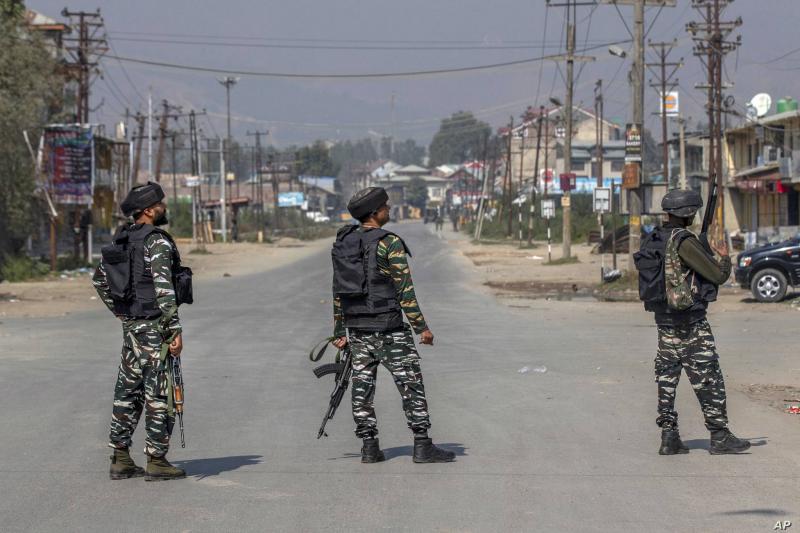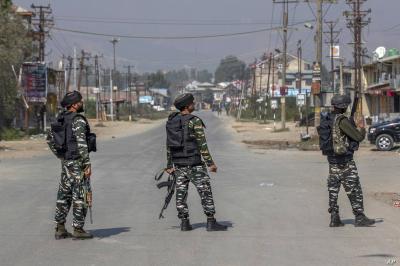The decades-long conflict in the Indian-administered region of Kashmir, where Muslims make up the majority, continues to pave the way for new clashes. Since the Taliban took control of Kabul in mid-August, Kashmir has seen an escalation in tensions, with rebels carrying out attacks and security forces conducting operations against rebel hideouts and infiltration across the Line of Control between India and Pakistan, according to AFP. The Washington Post reports the killing of seven civilians, including Hindus and Sikhs, by militants in the Himalayan region of Kashmir this month.
One victim, Makhan Lal Bindroo, a Hindu, spent his life running a major pharmacy in the Muslim-majority city of Srinagar. The newspaper noted, “this month, gunmen stormed his store in a busy market and shot him four times at close range.” His son, Siddharth, stated, “He died before reaching the hospital.” Among the deceased were two teachers and a street vendor, four of whom were Hindus and Sikhs, prompting dozens of families—most of whom work in government jobs—to flee to the neighboring Hindu-majority area.
Kashmir has been a flashpoint between India and Pakistan since the partition of the Indian subcontinent, partitioned between the two countries since their independence in 1947. Both claim full control over it, leading to two of the three wars fought between them. In the 1990s, the emergence of militant groups fighting the Indian state for independence or integration with Pakistan caused the displacement of tens of thousands of religious minorities in the region, marking a dark chapter in the region’s history, as stated by the Washington Post. New Delhi accuses Pakistan of supporting the groups Lashkar-e-Taiba and Jaish-e-Mohammed, which are believed to be behind many attacks in Kashmir, allegations that Pakistan denies, claiming it only provides diplomatic and moral support to the Kashmiri people.
Since India revoked the semi-autonomous status of the region in 2019, a move that Indian Prime Minister Narendra Modi said would end the cycle of violence and corruption to build a “new Kashmir,” the Washington Post described it as a “crackdown.” Bindroo (68) was a prominent figure in Kashmir, among the few hundred Hindu families that remained in the valley. Siddharth mentioned that his father vowed never to leave his homeland.
According to Reuters, the violence has led to the displacement of hundreds of Hindus from Kashmir, including some who had returned to the valley under a government program following a mass exodus from the region in the 1990s, numbering around four thousand. South Asia foreign policy expert Avinash Paliwal from the School of Oriental and African Studies at the University of London told the Washington Post that this moment represents a “backward step” for Kashmir, adding, “targeted killings of minorities aim to create a political impact and increase polarization in an already polarized situation,” suggesting that “New Delhi will respond strongly.”
New Delhi fears that the Taliban's resurgence in neighboring Afghanistan might embolden militants in the Indian-administered Kashmir. Earlier this week, during a G20 summit in Rome, Modi called for international efforts to prevent Afghanistan from becoming a haven for “extremism and terrorism.” AFP reports that Modi raised India's concerns with U.S. President Joe Biden. During the United Nations General Assembly in September, he stated that no country should be allowed to use Afghanistan “as a tool for its own selfish interests,” which was seen as a veiled message to Pakistan, the main supporter of the Taliban during its previous rule from 1996 to 2001. So far, Islamabad has not recognized the Taliban’s new rule.




